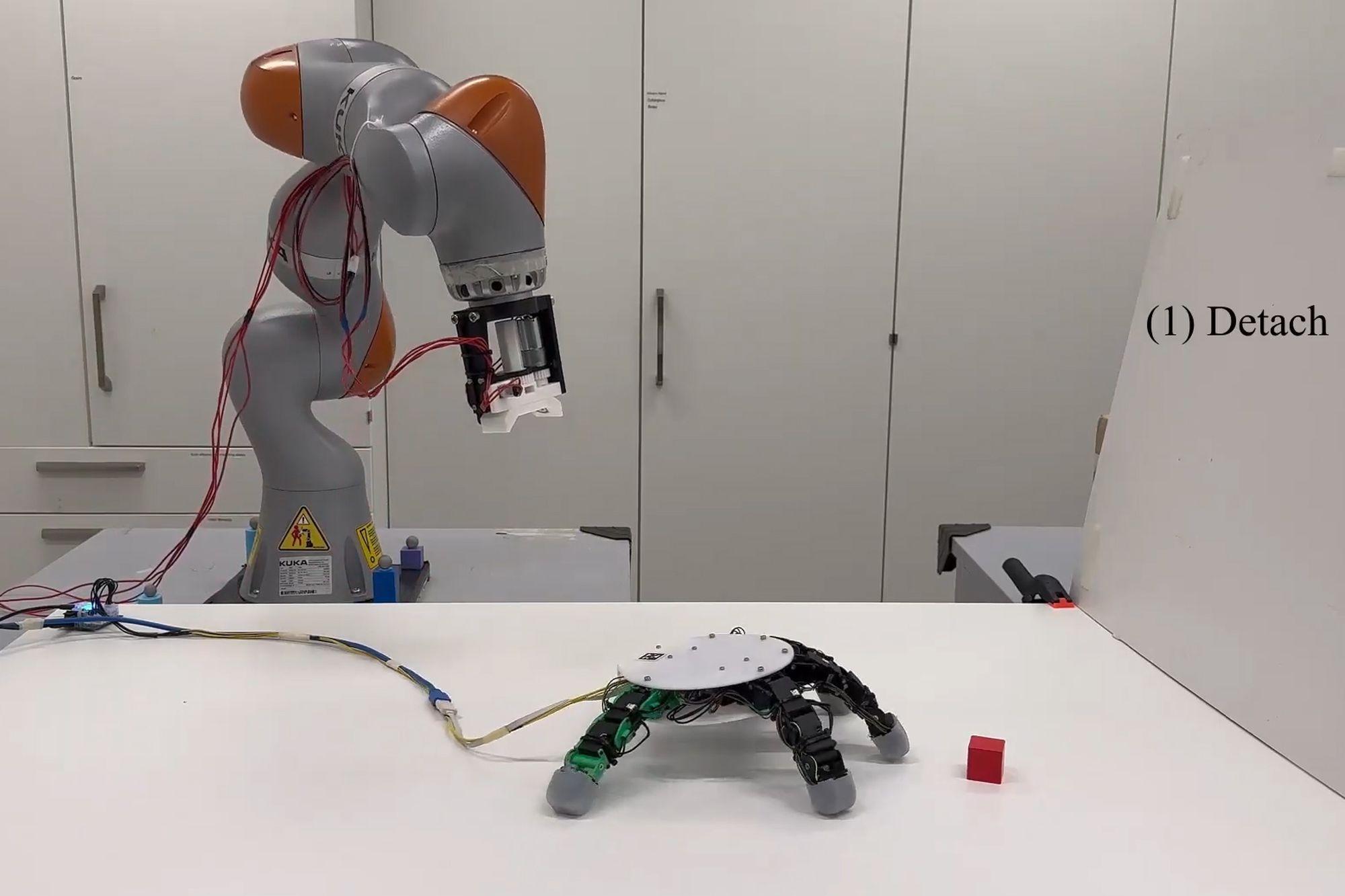The first patient to receive a pig kidney transplant has passed away

10:51 19/05/2024

3 phút đọc
Richard “Rick” Slayman, the first person to receive a kidney from a genetically modified pig, has passed away nearly two months after a kidney transplant. He was 62 years old.

Massachusetts General Hospital (Mass General) – where this historic surgery was performed in March – said in a statement that there was no indication that Mr. Slayman’s death was related to the pig kidney transplant.
Previously, Mr. Slayman received a kidney from a donor in 2018, but it began to weaken in 2023. He is a candidate for a kidney transplant from someone else, but due to the lack of organ donors, he may have to wait many years to receive a new kidney. Kidneys are the most commonly donated organ, with nearly 90,000 people in the US alone waiting to receive one. For decades, researchers have been interested in the idea of using animal organs to solve this problem.
Mr. Slayman’s doctors recommended a pig kidney transplant after months of complications from dialysis. Dialysis is a method of using machines connected to main blood vessels to remove waste and excess fluid when the kidneys stop working. But Mr. Slayman’s blood vessels continually clot and weaken, requiring him to be hospitalized frequently and significantly affecting his quality of life.
Until that time, pig kidney transplants had only been tested on recently deceased humans. Mr. Slayman was the first living person to receive a pig kidney. “I not only see this as a way to help myself, but also as a way to bring hope to thousands of people who need organ transplants to survive,” Mr. Slayman said in a hospital statement in March.
In a press conference in March, Mr. Slayman’s surgical team said the kidney began to function normally immediately after being transplanted. However, about a week after the transplant, doctors noticed early signs of rejection. They were able to quickly treat Mr Slayman with medication to combat this, and his condition subsequently improved to the point of being discharged from hospital. No other details were available about Mr. Slayman’s condition after being discharged from hospital.
A second survivor, 54-year-old Lisa Pisano, received a kidney from a genetically modified pig last month. That surgery, which included the porcine thoracic organ transplant, was performed at NYU Langone Medical Center.
Transplanting organs from one species to another is called xenotransplantation. The main problem with using pig organs in humans is the human immune system, which recognizes animal tissue as foreign and rejects it.
To resolve this incompatibility, scientists have turned to gene editing techniques. In Mr. Slayman’s case, doctors used a 69-gene edited pig, created by eGenesis, a biotechnology company in Cambridge, Massachusetts. These edits remove harmful pig genes and add certain human genes.
In the New York case, Ms. Pisano received a kidney from a single-gene-edited pig, produced by Revivicor in Virginia. Her doctors instead relied on transplants of pig thoracic glands, an immune system organ, to help prevent rejection. Pig organ transplant patients will also need to take immunosuppressive drugs for life to reduce the risk of rejection.
In 2022 and 2023, surgeons at the University of Maryland tested heart transplants from gene-edited pigs in two patients who were not eligible to receive human hearts. In those cases, the pigs used had 10 gene edits. Both individuals passed away approximately two months after the transplant.
In a statement released by Mass General, Mr. Slayman’s family said they felt comforted by the optimism he brought to other patients waiting for organ transplants. “His legacy will be one that inspires patients, researchers and healthcare workers everywhere,” they said.
Từ khoá:
Bài viết liên quan
Palm Mini 2 Ultra: Máy tính bảng mini cho game thủ
Robot with smart grip
NASA’s goal of conquering the Sun
Apple launches a new feature that makes it easier to use your phone while sitting on vehicle
Google Photos launches smart search feature “Ask for photos”
Roku streams live MLB baseball games for free
Gun detection AI technology company uses Disney to successfully persuade New York
Hackers claim to have collected 49 million Dell customer addresses before the company discovered the breach
Thai food delivery app Line Man Wongnai plans to IPO in Thailand and the US in 2025
Google pioneered the development of the first social networking application for Android
AI outperforms humans in gaming: Altera receives investment from Eric Schmidt
TikTok automatically labels AI content from platforms like DALL·E 3
Dell’s data was hacked, revealing customers’ home address information
Cracking passwords using Brute Force takes more time, but don’t rejoice!
US lawsuit against Apple: What will happen to iPhone and Android?
The UAE will likely help fund OpenAI’s self-produced chips
AI-composed blues music lacks human flair and rhythm
iOS 17: iPhone is safer with anti-theft feature
Samsung launches 2024 OLED TV with the highlight of breakthrough anti-glare technology

REGISTER
TODAY
Sign up to get the inside scoop on today's biggest stories in markets, technology delivered daily.
By clicking “Sign Up”, you accept our Terms of Service and Privacy Policy. You can opt out at any time.
































Nhận xét (0)